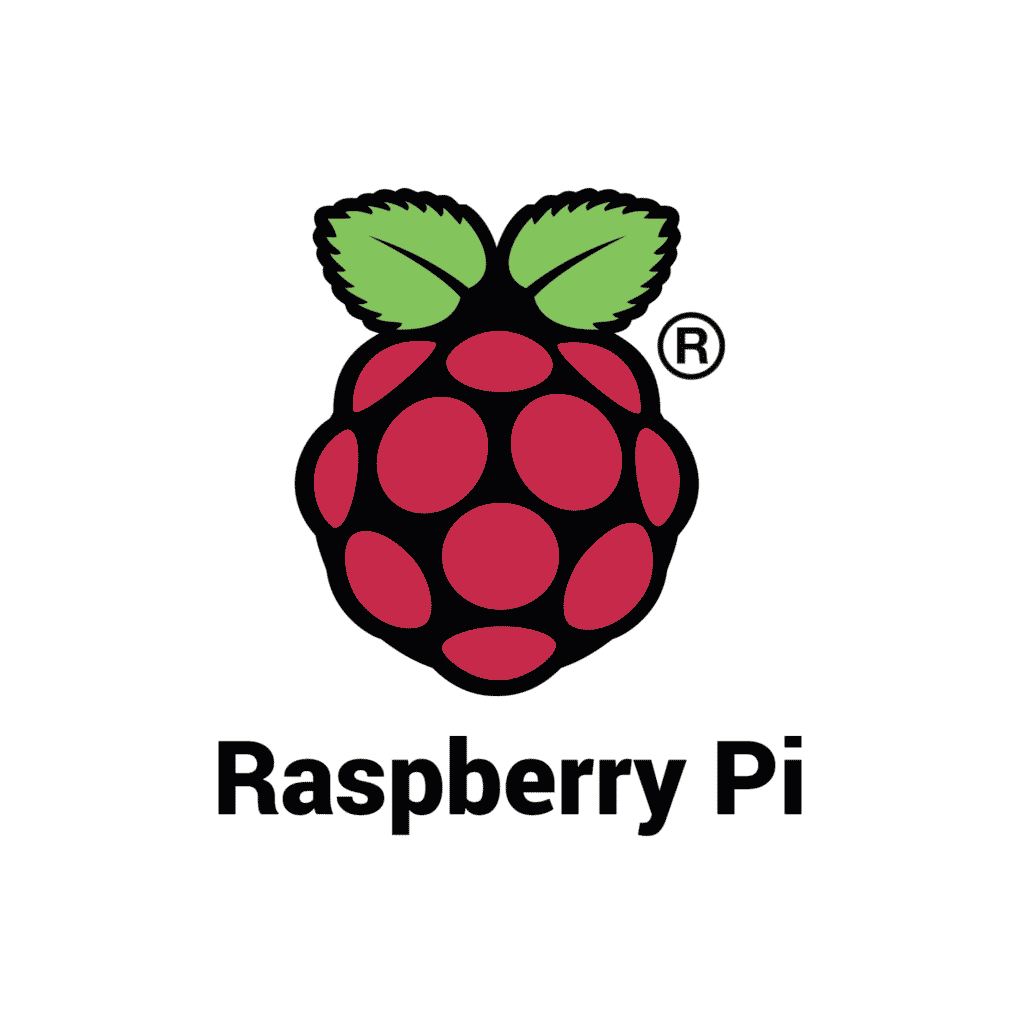Raspberry Pi

Raspberry Pi (RP) is the educational charity and namesake line of microcomputers offering customers a low-cost, single-board computer for lightweight computing purposes.
While Raspberry Pi was initially developed to teach children computer science, the mini-computers became widely popular among DIY enthusiasts and electronics tinkerers. The Raspberry Pi Foundation offers its range of RP computers and microcontrollers for students and customers, along with books, peripherals (keyboard and mouse), cameras, cables, and cases.
In this definition...
What is Raspberry Pi?
Raspberry Pi is a series of microcomputer models that can connect to standard monitors and peripherals for various applications. RP models are slightly bigger than a credit card and contain hardware components to support traditional desktop uses like file creation, storage, and internet streaming.

Read more: Best RP for 2022: Which board should you buy? | Tech Republic
Raspberry Pi Common Uses
- Basic desktop alternative
- Retro game emulation
- Computer science education
- Network-attached storage (NAS)
- Print, web, file, or gaming server
- Time-lapse or stop motion captures
- Music and video streaming
- Robot controller
- Wireless range extender
How Does Raspberry Pi Work?
Raspberry Pi models exemplify a system-on-chip (SoC) where the microdevice contains a single integrated circuit. RP models include a central processing unit (CPU), power supply, USB ports, and RAM to support common computer use cases.
Customers can use their RP model through an existing monitor, keyboard, or mouse with an SD card for storage and appropriate connecting cables.
Pros and Cons of Buying RP
Pros
- Small, compact, and portable computer
- Low cost with several affordable models
- Extensive educational, DIY, and community projects and documentation
Cons
- May not be suitable as a desktop computer alternative without extensive modification.
- No internal storage, which typically means longer boot and read/write processes
- Board requires modifications to prevent malfunction for intensive processing

Also read: Why RP makes Datamation’s list of 85 Top IoT Devices for 2022.
Alternatives to RP
- ASUS
- Banana Pi
- LattePanda
- NanoPi
- NVIDIA
- Odroid
- Onion
- Pocket Beagle
- RockPi
- Udoo
What is the Raspberry Pi Foundation?
The Raspberry Pi Foundation (RPF) is a Cambridge, England-based charitable organization committed to expanding access to and knowledge of computing and digital technologies.
In 2006, the RPF first started developing an educational computer with inspiration from the Atmel ATmega644 microcontroller and Acorn’s BBC Micro computer. After a handful of years in development, the RPF released its first two models and schematics in 2012. In May 2021, RP surpassed 40 million units solid.
Recent Coverage on TechRepublic
- Raspberry Pi: After launching five devices in one year, here’s what they’re doing next
- The best RP accessories and alternatives for 2021
- Develop programming skills while having lots of fun mastering RP and Arduino
- These Raspberry Pi, robotics, and electronics courses allow learning at your own pace
- Coronavirus put digital divide in the spotlight, says RP Foundation
- RP: All the latest devices, from Pi 400 to Pico

